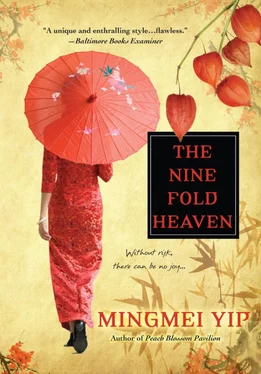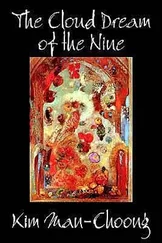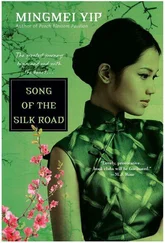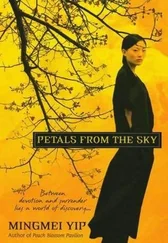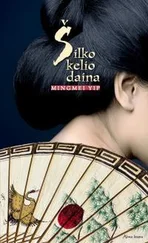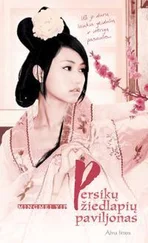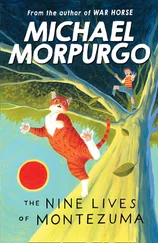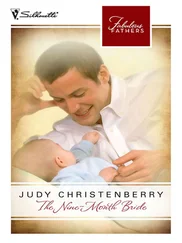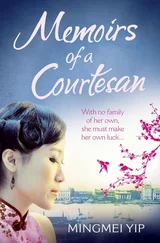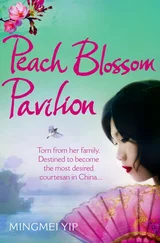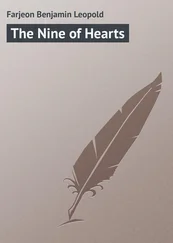When he spoke, I could almost hear the wind soughing in and out of the dark hole. “Miss, young as you are, there’s already been lots of trouble in your life, especially your love life.”
I blurted out, “How do you know?”
He pointed to his banner inscribed with the characters shen-suan, “Heavenly Diviner.” “That’s my job. I’m a fortune-teller and I know secrets that others don’t.”
Now he pointed to a bamboo cage where a small yellow bird hopped around and darted glances at me with its tiny black eyes.
The master smiled. “Miss, please let her out to taste some fresh air and enjoy moments of freedom while she tells your fortune.”
Though in the past I’d dismissed the idea that a bird can foretell a person’s fate as ridiculous, I found myself mesmerized by the man and the bird.
So I agreed.
“Good. Now tell the bird what you want to know.”
“But—”
“Miss, you don’t have to say this aloud, just silently to the bird. She listens better than most humans do.”
I cast a quick glance at the small bird, now released from its cage and hopping around happily on the table.
“Master, how can she hear my thoughts?” I wondered if there’s a way to tell if the bird was really a she?
“Miss, animals are more spiritual than we humans. Just think of your questions.”
Of course, my worry was whether Jinying, Jinjin, and Gao were alive and well. And where I could find them.
When I finished asking, the master whispered something to her like an old friend. The bird immediately hopped from the desk to a pile of yellow envelopes. She seemed to study them, then twisted her head this way and that before grasping an envelope with her tiny red beak and pulling it out. The master gave her a seed and whispered to her, after which she willingly hopped back into her cage.
He opened the envelope, took out a card, and laid it on the desk for me to read.
Walking through clutters of beautiful flowers,
Not even one would cling to his clothes.
If only on that day you had the courage to say you love me.
Four smaller lines read:
Just to pass and rub shoulders is not enough.
Together, hold tightly so you don’t lose each other.
To dwell in Paradise, where immortals dwell,
Not to suffer in the Ten Thousand Miles of Red Dust.
I was not sure if I understood the poem completely, but somehow it was depressing to me. My eyes moistened. The master, seemingly well-prepared, handed me his handkerchief. It was filthy, but I took it anyway, then dabbed my eyes and blew my nose to make it even dirtier. I knew my relationships with Jinying and Gao, or any other men for that matter, were a total mess.
Before I had a chance to ask questions, I saw that a small group of teenage boys and girls had already gathered around us. One even leaned her small body toward me so she could read my fate.
Her equally small voice snaked into my ear. “ Wah, ‘if only on that day you had the courage to say you love me.’” She giggled.
I was very tempted to push her away but controlled myself. But not the master, who vigorously waved her away with his wrinkled, arthritic hand.
“Go away, don’t block my business. You are all too young to understand love. Come back in ten years, now get out of here!”
The youngsters ran away laughing and we were left in peace again. But a line had formed of other believers eagerly seeking to know their destiny. They crowded forward, some bumping into my stool or hitting my shoulder.
The master, unperturbed, picked up his thermos and took a long sip. “You have more than one man in your life, right?”
I remained silent, thinking of Jinying, Gao, then Edward Miller, surprised by the accuracy of his statement.
“Two are troublesome, but one will shatter your heart.”
“Which one?” My voice sounded alarmed. Would Jinying be all right? Would Gao?
“The one who’s not destined to be with you. Sometimes in life, it’s the choice between the fish and the bear’s paw.”
Chinese consider the fish and the bear’s paw the two greatest gourmet delicacies. Few have the luck to taste both.
He went on. “Miss, though you can’t have both the fish and the bear’s paw, still consider yourself very fortunate. Because most never even rub shoulders with the special one, despite a lifetime of hoping.”
He snapped his fingers to create a small explosion. “And life flies by just like that! Look at me, once a handsome, erudite, talented young man, but now an ugly old one wasting his talent advising these fools”—here he swept his arms around to indicate his neighbors—“how to live and love!”
Now he stared at me with his cloudy eyes. “Miss, you will bring moments of great happiness to this man, but his end won’t be good.”
I blurted out, “But, master, I love this man, but I love another one more!”
“I know, and that’s too bad. He’s been waiting for you to say this his whole life.” He pointed to the lot with his long-nailed finger. “The lot says, ‘walking through clutters of beautiful flowers, not even one leaf clings to my clothes.’ You know what this means?”
I sort of understood but remained silent for him to explain.
“Yuan Shen wrote this poem to commemorate his love for his wife. Yuan loved his wife so much that after she died, he felt no interest in other women. That’s why even among the most beautiful girls, none attracted him.”
He leaned close to me, his cloudy eyes seeming to emit sparks. “So, this man feels for you as Yuan did for his wife. But you let him down. Fortunately for him, the regret is yours, not his.”
“How come?”
“Because his life is complete loving you. Most hide our feelings behind masks, including myself. Ha.”
I wanted to ask how he hid his feelings but said instead, “But, master, I can’t love two men at the same time!”
“You read Su Dongpo’s poem?”
Then he began to recite in his wavering voice. “‘The moon becomes full, then wanes, we have joyous meetings, but heartbreaking departures. We can only hope we both live long to appreciate the moon together.’
“This man is waiting for you to appreciate the moon with him. But sooner or later his love will be blown away by the merciless cold wind.”
I sighed, feeling too sad to respond.
He pointed to the yellow piece of paper again. “The lot states, ‘Passing and rubbing shoulders, it doesn’t matter.’ So let me tell you Cui Hu’s story.”
The master went on to relate how Cui Hu composed this poem while journeying, tired and thirsty, to take the imperial examination. The scholar stopped by a house to ask for some water.
A woman’s voice asked. “Who’s there?”
After Cui gave her his name, the door swung open to reveal a very lovely young lady holding a bowl of water. But because of Confucian tradition, neither dared to initiate a conversation with the other.
A year later, Cui overcame great difficulties to return to see the girl, only to find that she was away from home with her father. Disappointed, Cui wrote this famous poem on her locked door. A few days later, when the girl came back, she saw the poem, fell sick, and soon died of a broken heart.
Later Cui learned the devastating news from her father. He went straight to the girl’s house, hurried inside her bedroom, stroked her bedsheet, and cried. “I have come for you, alas, too late!”
The would-be lovers had exchanged only two sentences.
When the master finished, he exclaimed, “This is rubbing past shoulders. In comparison, you’re much better off.”
I stared at the lines on his face, mysterious as an ancient script, and asked hesitatingly, “Master, have you been in love…?”
Читать дальше
